Category: Design Thinking
-

The Stanford Design Thinking Process
This article will explore how to use the Stanford Design Thinking process to solve complex problems with creative solutions. What Is the Stanford Design Thinking Process? Stanford Design Thinking has become a powerful tool for businesses and organizations to solve complex problems with creative solutions. The process helps us to understand people’s needs, empathize with…
-

The 5 Whys in Design Thinking and How to Use Them
Looking to get to the root of a problem? The five whys is an investigative process that delves into cause-and-effect relationships, providing insight and solutions. By asking “why” up to 5 consecutive times, you can uncover hidden patterns in the problem area – revealing its fundamental nature for effective resolution. 5 reasons to use the…
-
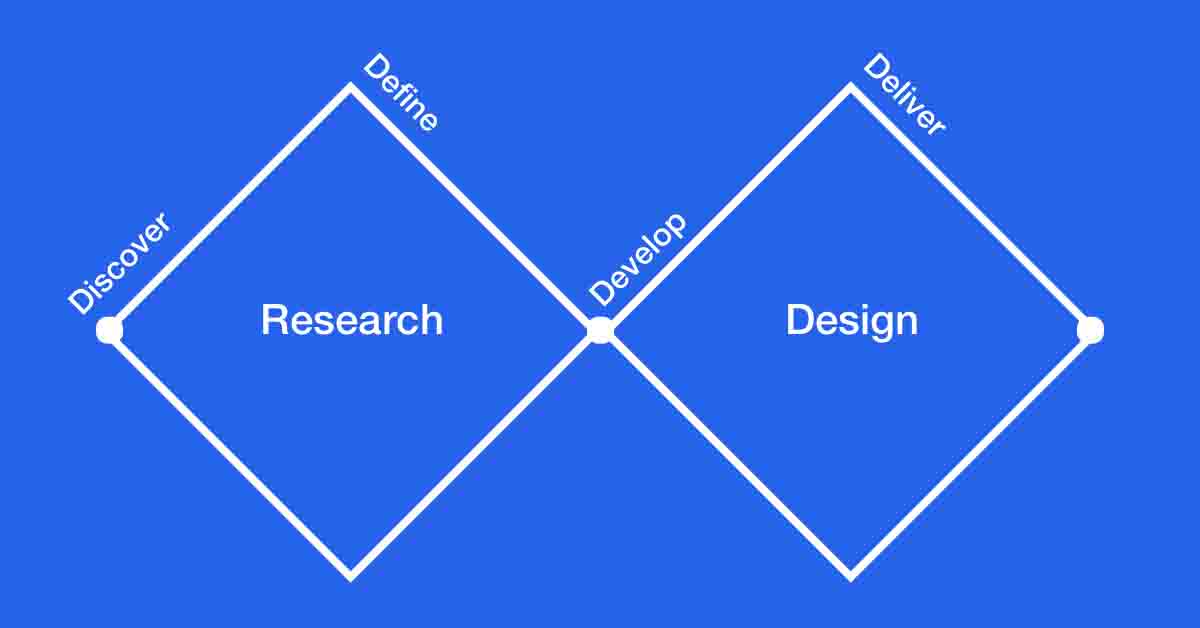
The Double Diamond Framework for Design Thinking
The Double Diamond is a framework that guides the end-to-end design process. It consists of 4 key phases and a set of principles that can help innovators to navigate even the most complex and ambiguous tasks. It’s a framework based on the Design Thinking process that emphasizes understanding user needs and collaborating with a diverse…
-

Design Thinking Case Studies
These practical examples of Design Thinking in the real world show how human centered design has helped to solve complex problems in healthcare to corporate. With the help of this article, readers will be able to understand how design thinking works in practice and apply these creative processes to their own projects. 6 Practical Examples…
-

Why Are Personas Used During the Design Thinking Process?
To create a successful product, you need a deep understanding of your customer’s needs. This makes personas a critical component of the Design Thinking and UX design process. Personas help designers, product teams, entrepreneurs, and innovators to: They help you focus on creating solutions that have valid use cases for specific target audiences. By understanding…
-
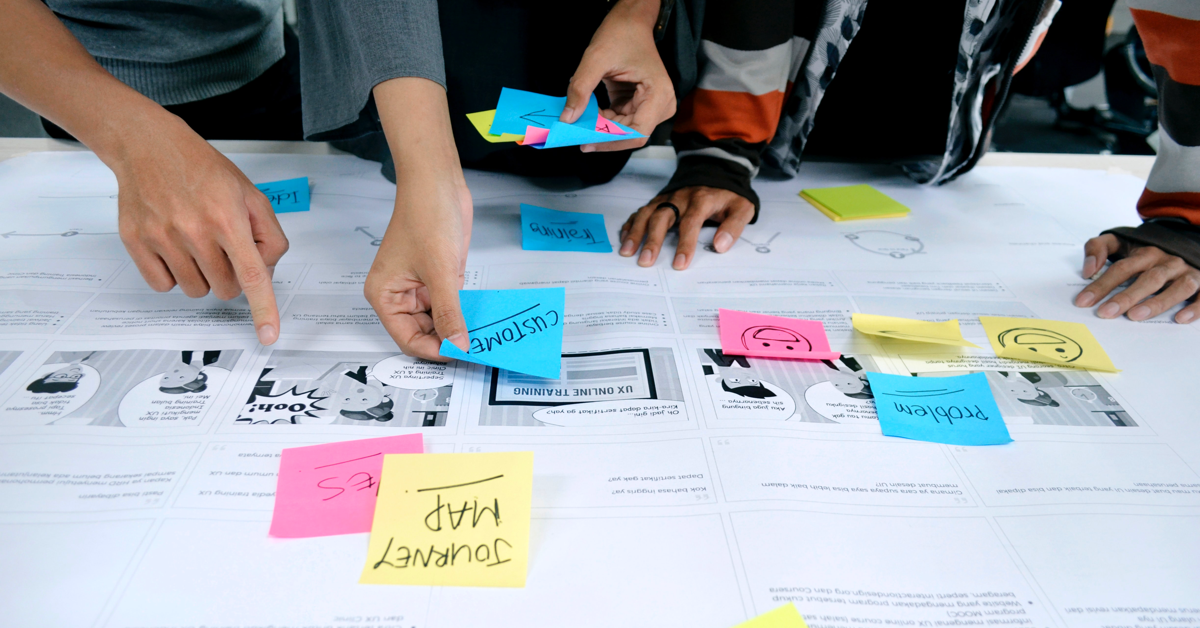
How to Define in Design Thinking
In the Define stage of Design Thinking, we set the direction for our project and make decisions about our focus. Some of the considerations we make are: We make these decisions by analyzing our research findings and organizing the data into personas, storyboards, journey maps, and an actionable problem statement. In this article, we’ll explore…
-
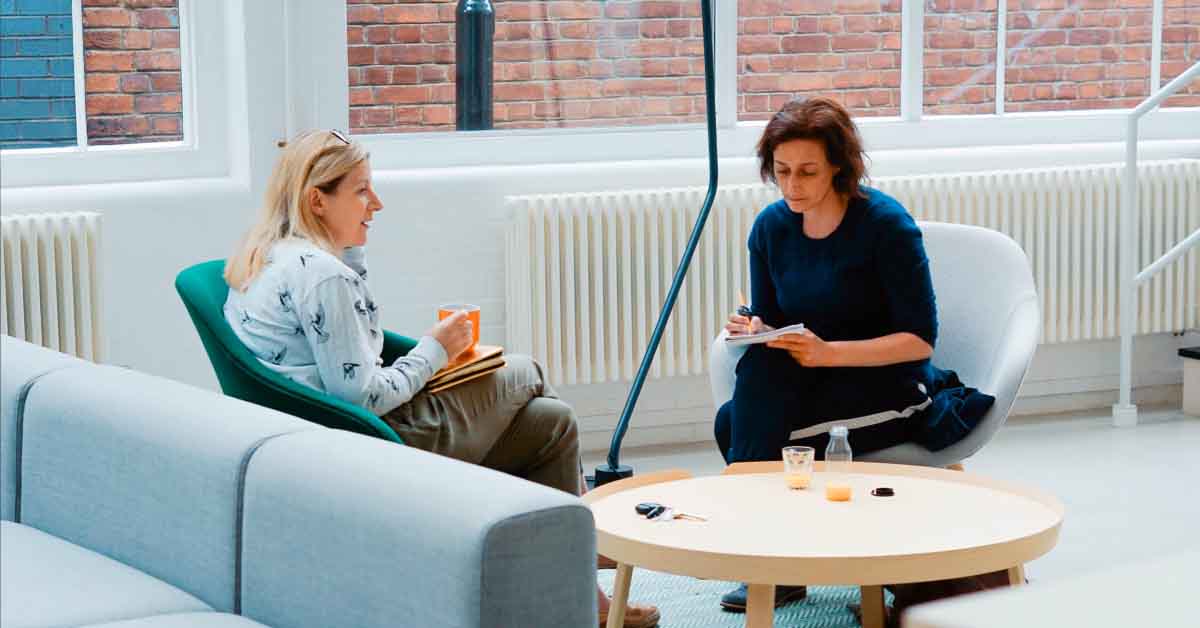
How to Empathize in Design Thinking
The empathy stage is a critical step in the design thinking process. To design products and services that people love, we need to understand the world from their point of view. User research is essential to building empathy because it provides designers with firsthand insights from users about their needs and experiences. By conducting user…
-
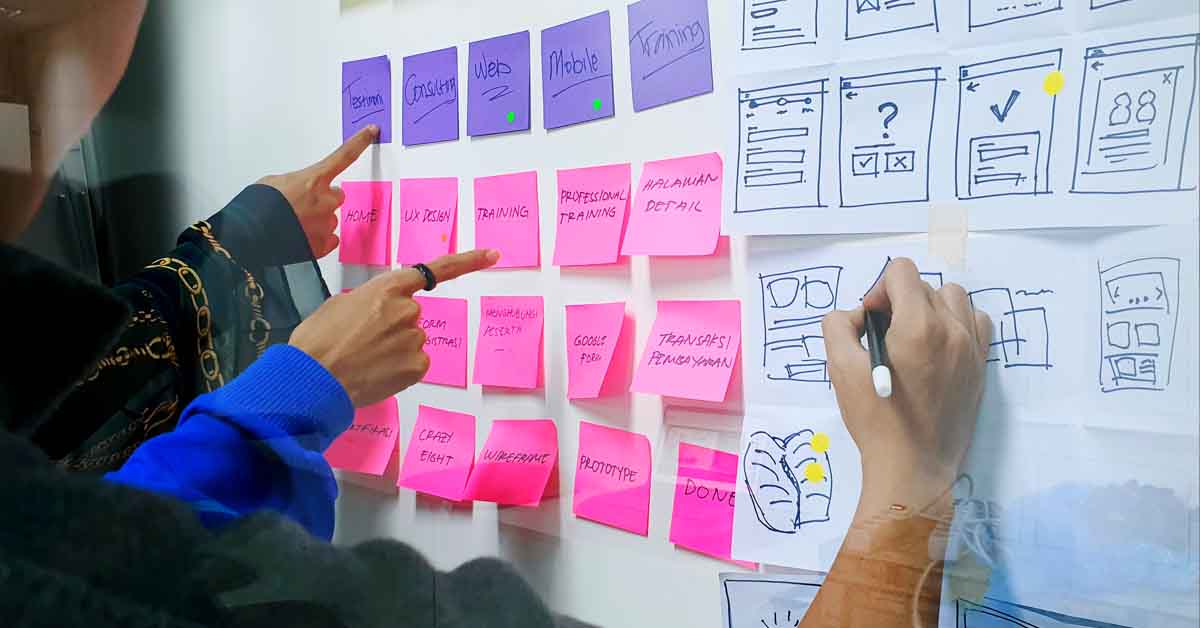
Six Sigma vs Design Thinking
Design Thinking and Six Sigma are two popular problem solving processes. Design Thinking helps organizations identify and solve complex human problems through user research, collaboration, and creativity. Six Sigma helps organizations optimize their operations and achieve high levels of quality and efficiency. But which one is right for your organization? In this article, we’ll compare…
-

What Problems Can Design Thinking Solve?
There are many types of problems in the world, but some seem almost impossible to solve. These complex issues, known as wicked problems, often require an entirely new approach. In this article, we’ll explore what type of problems the Design Thinking process can be effective at solving, and when the method should and shouldn’t be…
-
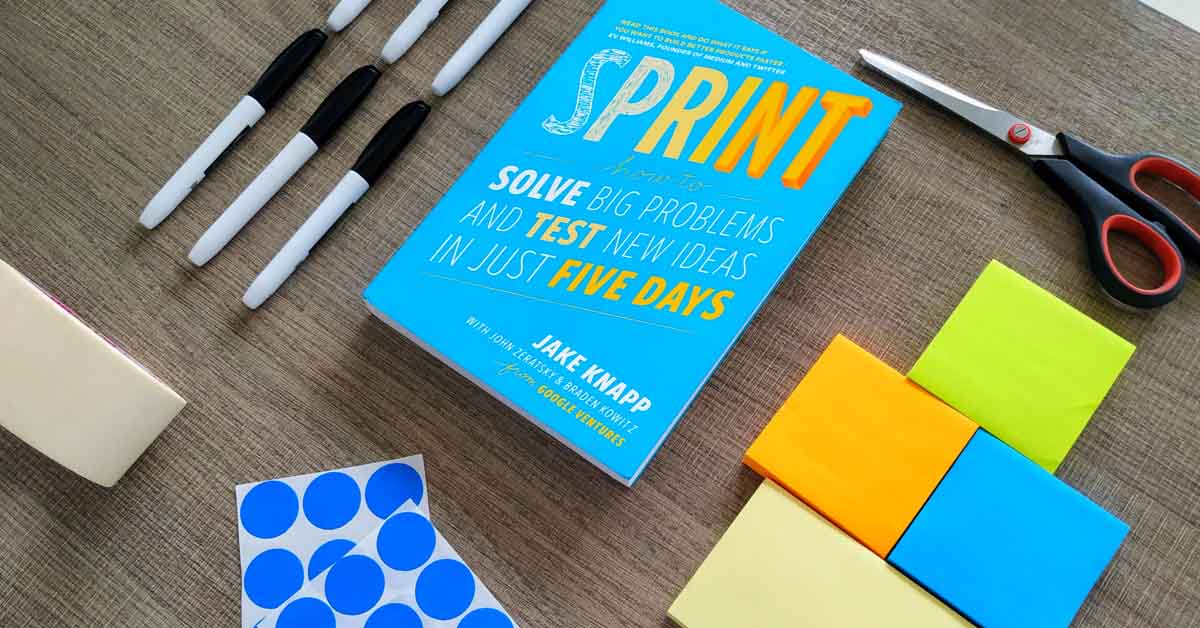
Design Thinking vs Design Sprints
The Google Design Sprint and Design Thinking are both effective tools for building digital products, but they serve different purposes. The Design Sprint is best used for quick iterations of existing products, while Design Thinking should be used during the discovery phase to build a knowledge base and explore possible solutions. By combining and leveraging…
-

Design Thinking vs Traditional Thinking
In this post, we’ll explore the differences between Design Thinking and Traditional thinking. Let’s get started. How Is Design Thinking Different From Traditional Thinking? Design thinking is a creative problem-solving process that is often used in fields such as design, engineering and business. Unlike traditional thinking methods, which are more analytical and linear, design thinking…
